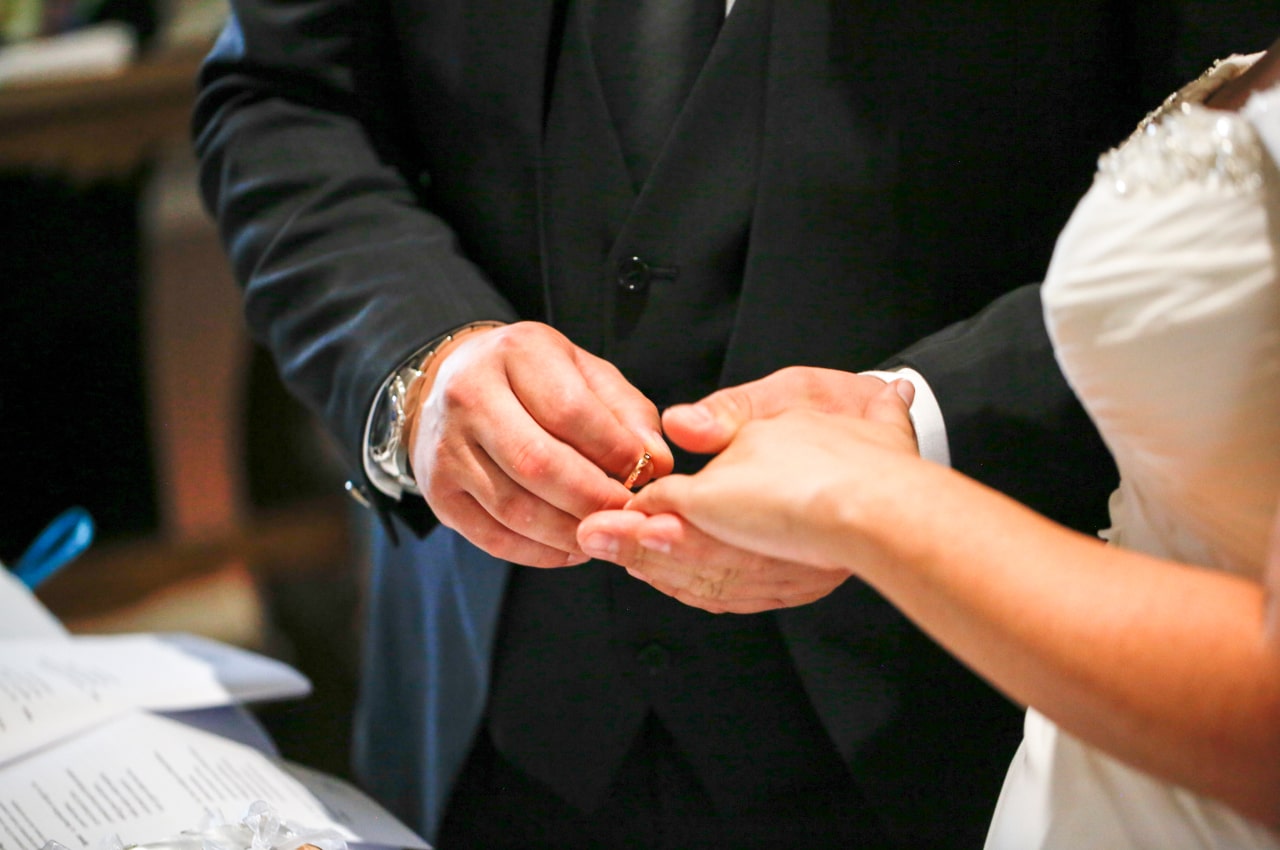Do You Need A New Will? You Executed A Will When You Were Single, But Now You’re Married
Do You Need A New Will? You Executed A Will When You Were Single, But Now You’re Married

So, you executed a will while you were single. Great job! You’re planning ahead, and that’s important. But now, some time passed, you met the love of your life, and you got married. Congratulations! This major life change may have you asking some important questions. What does that mean for your will? What will happen to your spouse when you die? Will your spouse receive anything if they are not named in the will? Do you need a new will? Well, as lawyers love to say, it depends.
This scenario has a name. It is called the pretermitted spouse. (There can also be pretermitted children, but that’s a discussion for another article). Pretermitted means omitted, or not mentioned. This scenario arises when you did not mention your spouse in your will because they weren’t your spouse yet. The Florida statutes governing wills discusses this exact situation in Section 732.301.
What Happens To The Will?
The first thing to note is that getting married after you executed a will does not invalidate, void, or revoke the will. Your will is still effective and valid.
What Happens To Your Spouse?
Well, if you don’t execute a new will, your spouse will not be left emptyhanded. Under Florida Statute 732.301, your spouse will receive their intestate share of your estate. Basically, the court gives your spouse what your spouse would have received if you died without a will.
What Will Your Spouse Receive?
Again, it depends. It depends on whether you have children and whether the children are mutual children and/or stepchildren. Your spouse may receive 100% of your estate. Your spouse may receive 50%. Your spouse might not even be entitled to receive a portion of your estate under the pretermitted spouse statute because the statute has three exceptions.
- First: The Prenup/Postnup Exception
So, for example, if you and your spouse signed a prenuptial or postnuptial agreement, and that agreement provided for or waived provisions to the spouse, then the spouse will not take their intestate amount.
- Second: “The Planner” Exception
This exception is for the person always thinking ahead. What exactly is this exception? If you provided for your spouse in the will (even though you were not married yet), and you did so in contemplation of marriage, then they will not take their intestate share. The key to this is the “in contemplation of marriage” language. For this exception to apply, you would’ve had to be thinking of and planning for marriage.
- Third: The Disinheritance Exception
Under this exception, if your will indicates an intent not to provide for your spouse, then they will not take their intestate share.
Could My Spouse Receive Other Interests In My Estate?
Lastly, it is important to note, even if the exceptions apply, your spouse may still receive part of your estate. For example, they may still have an interest in your homestead property, life insurance and retirement benefits, any property held as joint tenants or tenants by the entirety, and an elective share.
In conclusion, much of estate planning, of who gets what and how much, depends on facts specific to you, your family, and your situation. While a pretermitted spouse won’t invalidate your will, it will complicate your estate planning.
Fortunately, these complications can be avoided. Schedule an appointment. Sit down with our Miami FL Wills attorneys, and let’s discuss your situation. Estate planning is important, and so is providing for and protecting your loved ones. Avoid the mess, and don’t leave your estate up to chance.
This article is written by Florida attorneys and only considers Florida law in place at the time of publication, which was October 29, 2020. This article should not be relied upon as a substitute for legal advice and one should always consult with an attorney in their state before making any legal decisions.
At The Estate Plan, we take pride in serving our clients with compassion, competence and creativity. After all, we’re all unique. It takes a special comfort and confidence to trust someone to handle protecting one’s family and possessions. We appreciate being that person for so many families. If you are interested in coming in for a consultation, do not hesitate to contact us at (305) 677-8489.
Have questions about how to get started on your estate plan or estate needs?
Have questions about how to get started
on your estate plan or estate needs?
Contact the experienced estate planning professionals at The Estate Plan
by calling us at (305) 677-8489.
Contact the experienced estate planning professionals at The Estate Plan by calling us at
(305) 677-8489.

















